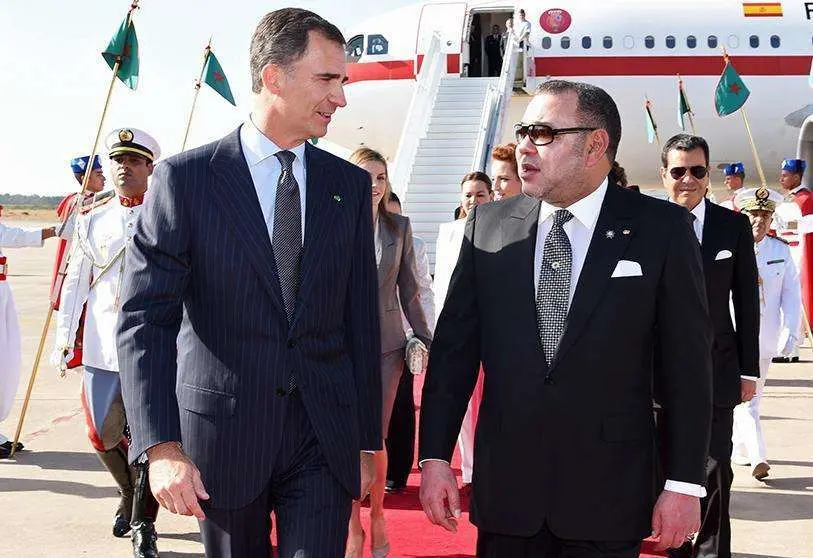Humanising diplomacy to make peace between Spain and Morocco

The common history of Spain and Morocco shows that geographical proximity is not a condemnation or a threat, but an opportunity and a bridge that allows cultures, traditions and religions to meet and interact, generating a wealth that nourishes human civilisation and world peace.
The two neighbouring countries, in addition to sharing a common history and heritage, are called upon to participate in building bridges of encounter, recognition and understanding, taking into account their common interests and challenges, and knowing that there is still much work to be done for Spain and Morocco to get to know each other better.
The current crisis shows that there is indeed much to be done for the two countries to get to know each other better, giving importance not only to political and economic interests, but also to the human interests shared by the two societies. In a crisis like the current one and in order to make peace between the two countries, more than words, actions are needed to humanise diplomacy, interests and bilateral relations.
Humanising diplomacy between the two countries means opting for a diplomacy of encounter, dialogue and openness towards the other without prejudice or complexes; it means making diplomacy more humane by working for the dignity of every human being, and making the citizens of both countries feel understood, recognised and empowered.
It is time to understand that the current conflict between the two countries is an opportunity for change that allows the two sides to grow together and build trust, understanding and understanding between them, it is time to thank life that is offering the two neighbours the possibility to create a constructive process of change to enrich each other and transform their prejudices, misunderstandings and fears in a peaceful way. Therefore, it is time to humanise the conflict and not politicise it, bearing in mind that conflict is inherent to human relations and if transformed peacefully will be an engine of change and a source of creation and innovation that would generate positive change and allow the two countries to cultivate new human relations.
The current crisis will undoubtedly improve bilateral relations by participating in the deconstruction of poorly constructed relations and the rebuilding of those relations on a solid foundation, strengthened by trust, good neighbourliness, recognition and empowerment of the citizens of both countries.
Indeed, in order to rebuild deconstructed relations well, avoid other crises and prevent other negative conflicts in the future, the two countries are called to take a long-term view, creating spaces and processes of constructive change that will allow citizens to be prepared to face their challenges together. In this sense, and with this long-term vision of humanising bilateral relations between the two countries, I presented in January 2020, to the Embassy of Morocco in Spain and the Embassy of Spain in Morocco, the Spanish-Moroccan Education Plan for the Culture of Peace, which stems from the need expressed by the two countries to improve their bilateral relations at all levels, peacefully transform their conflicts and face together their contemporary and common challenges, such as illegal immigration, climate change, poverty, terrorism and violent extremism, among others. It also highlights the effective collaboration between Spain and Morocco in the fight against terrorism and illegal immigration mafias, and opens up spaces for peace through education to consolidate and strengthen a more strategic partnership.
The Plan, which was reviewed by several international experts and doctors in peace and conflict studies, had the support of Mr Miguel Ángel Moratinos, the United Nations High Representative for the Alliance of Civilisations. It would therefore be interesting, in order to make peace between the two countries, to take up this initiative, which recognises that education is essential in any project aimed at building a generation capable of facing its challenges in a peaceful manner, in order to make Spain and Morocco a model of coexistence between Western and Muslim societies and an example of the application on the ground of the objectives of the United Nations Alliance of Civilisations.
Said Bahajin holds a PhD in International Peace, Conflict and Development Studies and is a researcher at the UNESCO Chair in Philosophy for Peace, Jaume I University, Spain.
